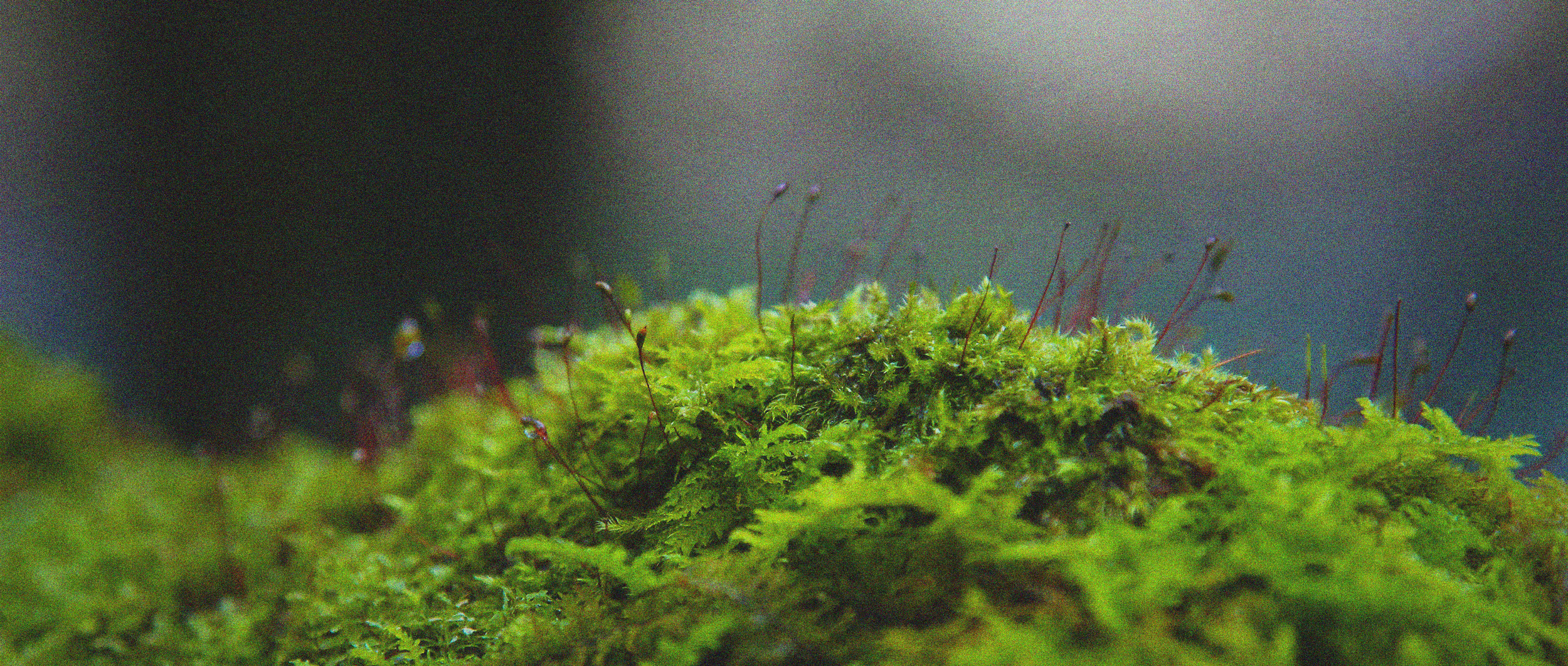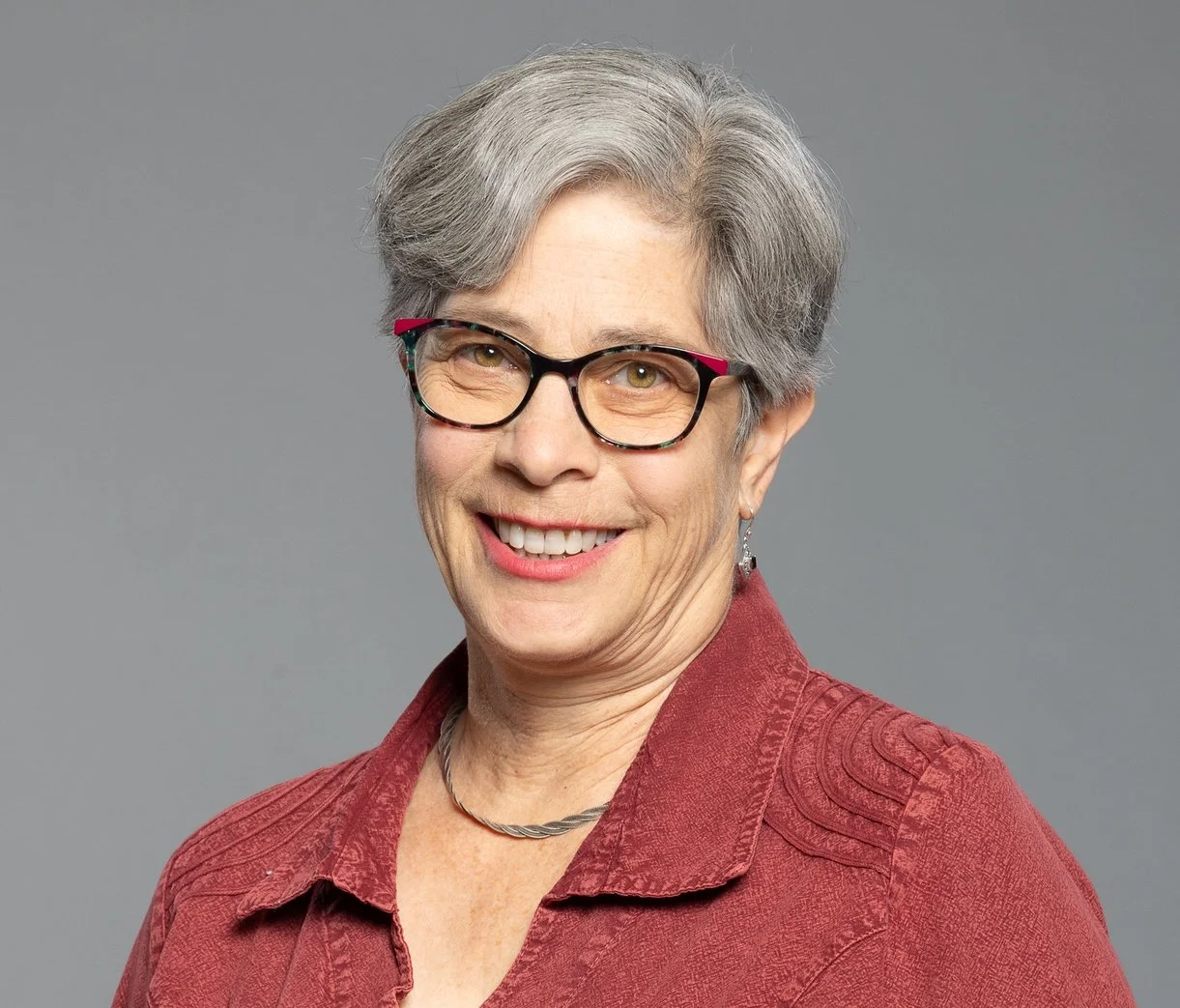
Our Technical Advisory Board
The Symbiosis Technical Advisory Board brings together nine leading experts from across disciplines to guide our Quality Criteria — helping the Symbiosis Coalition to realize its commitment to catalyze projects that represent the most current and rigorous science, standards, and best practice.
Translating Diverse Evidence into Impact
"I am excited to see the Symbiosis Coalition advancing investments in ecosystems that strengthen forest resilience and protect the climate. As a Technical Advisory Board member, I look forward to contributing my expertise to help design projects that are effective, enduring, and deliver multiple co-benefits for local communities.”
-
James Randerson investigates the global carbon cycle and how wildfires respond to climate change. His lab uses satellite imagery, global models, and field measurements to track changes in the Earth system. He earned a B.S. in Chemistry and a Ph.D. in Biological Sciences from Stanford University, then held postdoctoral positions at UC Berkeley and the University of Alaska before joining the Caltech faculty. Since 2003, he has been at UC Irvine, where he is the Ralph J. and Carol M. Cicerone Professor of Earth System Science. Randerson is a Fellow of the American Geophysical Union (AGU), recipient of the AGU James B. Macelwane Medal and Piers J. Sellers Mid-Career Award, and a member of the U.S. National Academy of Sciences.
“I am inspired by the Symbiosis Coalition’s leadership in forging pathways where nature, climate action, and local stewardship intersect on a global scale. The commitment to combining scientific and technical excellence with deep responsiveness to the priorities of frontline communities is not only necessary — it is how we should all be approaching nature-based climate solutions.”
-
Daniela Lerda is Senior Director of Nia Tero’s Amazonia program, supporting Indigenous peoples’ self-determination and stewardship of their territories. With more than 25 years of experience working across Latin America, Africa, and Asia, she began her career as an environmental educator in the Amazon and has since worked globally at the intersection of conservation, human rights, climate justice, business and philanthropy. Daniela currently advises the Bezos Earth Fund, is a Senior Fellow at the Brazilian Center for International Relations and serves on the Advisory Boards of the Podaali Indigenous Fund and Rainforest Trust. She held leadership roles with the Climate and Land Use Alliance, the Critical Ecosystem Partnership Fund, the Brazilian Biodiversity Fund, the Latin American and Caribbean Network of Environmental Funds, and Conservation International. She also served as a consultant advisor for private foundations and as a sustainability business consultant for major private sector companies and different industry groups. She has a Bsc. in Human Sciences and Psychology from the University of London and a Masters in International Education from the George Washington University.
“As a strong advocate of nature-based solutions, I am thrilled to join the Symbiosis Coalition’s Technical Advisory Board. Together we will ensure high quality standards for carbon storage in ecosystems based on the best social and natural science available. I look forward to this exciting journey.”
-
Robin Chazdon is Professor Emerita in the Ecology and Evolutionary Biology Department at the University of Connecticut and part-time Research Professor with the Forest Research Institute at the University of the Sunshine Coast in Queensland, Australia. Her research focuses on natural regeneration, biodiversity and ecosystem services of tropical forests. Since 2016, Dr. Chazdon works as a consultant in the global conservation and restoration arena. With the FAO Task Force on Best Practices for the UN Decade of Ecosystem Restoration she leads the development and implementation of the Capacity, Knowledge and Learning Action Plan for the UN Decade. Dr. Chazdon is a Senior Fellow with the World Resources Institute Global Restoration Initiative, where she serves as director of the Assisted Natural Regeneration Alliance. Dr. Chazdon is an Honorary Member of the British Ecological Society, 2023, and an Honorary Fellow of the Association for Tropical Biology and Conservation in 2020.
“A massive body of science points to the power of reforestation as a powerful, scalable, cost-effective climate solution. But it can only be a solution if we get those trees into the ground! To me, the Symbiosis Coalition represents a strong motivating force towards bringing reforestation to scale, a commitment to create a better future. I joined to bring the latest reforestation and carbon science, to help make the most of this immense opportunity.”
-
Dr. Susan Cook-Patton is Lead Reforestation Scientist on The Nature Conservancy’s Natural Climate Solutions team. Her work focuses on quantifying the climate mitigation potential of reforestation, agroforestry and other natural climate solutions and helping to infuse the best-available science into land management decisions. This involves deep collaboration with many experts across the globe, from academic, government and other non-governmental organizations.
Her work can be found in leading journals, such as Nature, Nature Climate Change, Science Advances and Global Change Biology. But you can also find her science in LinkedIn posts, videos for grade school classrooms, public lectures, illustrated books for children, popular science novels and news stories from major outlets such as National Public Radio, the BBC and The Guardian.
Tom is delighted to be joining the Symbiosis TAB. Symbiosis is an outsized opportunity to finance tropical forest restoration through its demonstrable benefit to combating the climate crisis. The TAB represents a commitment to ensuring this is done to the highest possible standard.
-
Tom is passionate to understand how the world's precious remaining tropical forests can be protected and restored. He is drawn to the complexity and interconnectedness of tropical forests but, working in oil palm landscapes, he learnt that keeping them depends on financial mechanisms that reflect their value to humanity. To this end, Tom co-founded the Cambridge Centre for Carbon Credits, which has produced leading research on what carbon credits ar, and created an open-source, automated approach to generate high quality natured-based carbon credits. Most recently he co-founded Canopy PACT, a charity supporting the adoption of high integrity nature based credits.
“I’m thrilled to be part of the Symbiosis Technical Advisory Board. The thoughtful approach taken by the Symbiosis coalition to focus on the best available science coupled with the equitable inclusion of communities on the ground is the only way to achieve long term successful ecosystem restoration.”
-
Lola Fatoyinbo is a forest and coastal ecologist and remote sensing scientist. She is a 2025 – 2026 MLK Visiting Scholar in the MIT Media Lab and previously worked as a research scientist at NASA for over 15 years. She studies flooded forests, including mangroves and peatlands from the ground and from space, with the aim of highlighting the importance of often overlooked and understudied ecosystems. Fatoyinbo has worked on characterizing the vulnerability and response of mangroves to disturbances from land use and climate change worldwide, developed new remote sensing instruments, as well as new applications of satellite data for carbon monitoring and biodiversity conservation. She was awarded the US Presidential Early Career Award in Sciences and Engineering as well as the 2024 Royal Geographical Society Esmond B Martin Prize for her efforts on merging scientific priorities with advanced technology to develop innovative applications for ecosystems science.
Her work can be found in leading journals, such as Nature, Nature Climate Change, Science Advances and Global Change Biology. But you can also find her science in LinkedIn posts, videos for grade school classrooms, public lectures, illustrated books for children, popular science novels and news stories from major outlets such as National Public Radio, the BBC and The Guardian.
“I wanted to join the TAB because the Coalition is better positioned than any other group to foster high-quality, nature-based carbon removal at the scale where it can make a difference to both the climate and nature. I didn’t want to miss out on this opportunity to move the needle in ecosystem restoration and protection.”
-
Paul Ferraro is a Bloomberg Distinguished Professor at Johns Hopkins University, with a joint appointment in the Carey Business School and the Department of Environmental Health and Engineering, a cross-school department in the Bloomberg School of Public Health and the Whiting School of Engineering. His interdisciplinary research seeks to understand causal relationships in complex environments and to develop evidence-based environmental programs. He collaborates with engineers and scientists from the social, natural and physical sciences, as well as program staff at government and nonprofit agencies. A Fellow of the Association of Resource and Environmental Economists, Ferraro has served as a US Department of Agriculture Visiting Scholar, Distinguished Scholar-Lecturer for the National Socio-Environmental Synthesis Center, Biodiversity Science Advisor for the Global Environment Facility, and the University of Cambridge’s Humanitas Visiting Professor in Sustainability Studies. More information about Professor Ferraro can be found at https://www.pauljferraro.com/.
Participation by Paul Ferraro as an advisor to Symbiosis Coalition does not constitute or imply endorsement of Symbiosis Coalition by Johns Hopkins University.
“In an ever-changing world, innovative initiatives such as the Symbiosis Coalition are essential in addressing our modern challenges. In our efforts to conserve biodiversity and mitigate and adapt to climate change, restoring nature has proven to be the most effective way to achieve the world’s climate and biodiversity goals. By connecting buyers and project developers in the nature-based carbon removal market, the Symbiosis Coalition has the potential to increase the quantity and quality of these projects. I am therefore thrilled to be part of the TAB of experts, where I want to discuss cutting edge science and practices on forest restoration and continuously contribute to update Symbiosis Quality Criteria for conception, implementation, and monitoring of carbon projects.”
-
I am currently an associate professor of dendrology at the Federal University of Southern Bahia. I was formerly the head of the Brazilian National Forest Inventory and the dean of the Center of Agroforestry Sciences in Ilhéus, Bahia. I earned a bachelor’s degree in forestry from São Paulo State University in Brazil, a master’s degree in forest management from CATIE in Costa Rica, and both master’s and PhD degrees from Yale University. I began my research career by studying the silviculture of native species in Central America and then the ecology and dynamics of secondary forests in southern Bahia, Brazil. My research has increasingly focused on integrating theoretical knowledge about ecological processes in tropical forests and applying it to the design of conservation, production, and restoration systems for degraded tropical landscapes.
“I am excited to support Symbiosis in creating the standards and institutions that will underpin a credible and effective international carbon market.”
-
Rohini Pande is the Henry J. Heinz II Professor of Economics, Director of the Economic Growth Center, and Faculty Director of Inclusion Economics at Yale University. She is an elected member of the American Academy of Arts and Sciences, an Econometric Society fellow, and a former co-editor of American Economic Review: Insights. Pande’s research is largely focused on how formal and informal institutions shape power relationships and patterns of economic, political, and environmental advantage in low-I and middle-income countries. She is interested in the role of public policy in providing the poor and disadvantaged political and economic power, and how notions of economic justice and human rights can legitimize and enable such change.
Her work can be found in leading journals, such as Nature, Nature Climate Change, Science Advances and Global Change Biology. But you can also find her science in LinkedIn posts, videos for grade school classrooms, public lectures, illustrated books for children, popular science novels and news stories from major outlets such as National Public Radio, the BBC and The Guardian.
Symbiosis TAB members follow a conflict-of-interest policy that requires them to recuse themselves from TAB discussions on projects in which they or their organizations are directly involved. Members may accept or decline a modest honorarium, in line with best practice.









